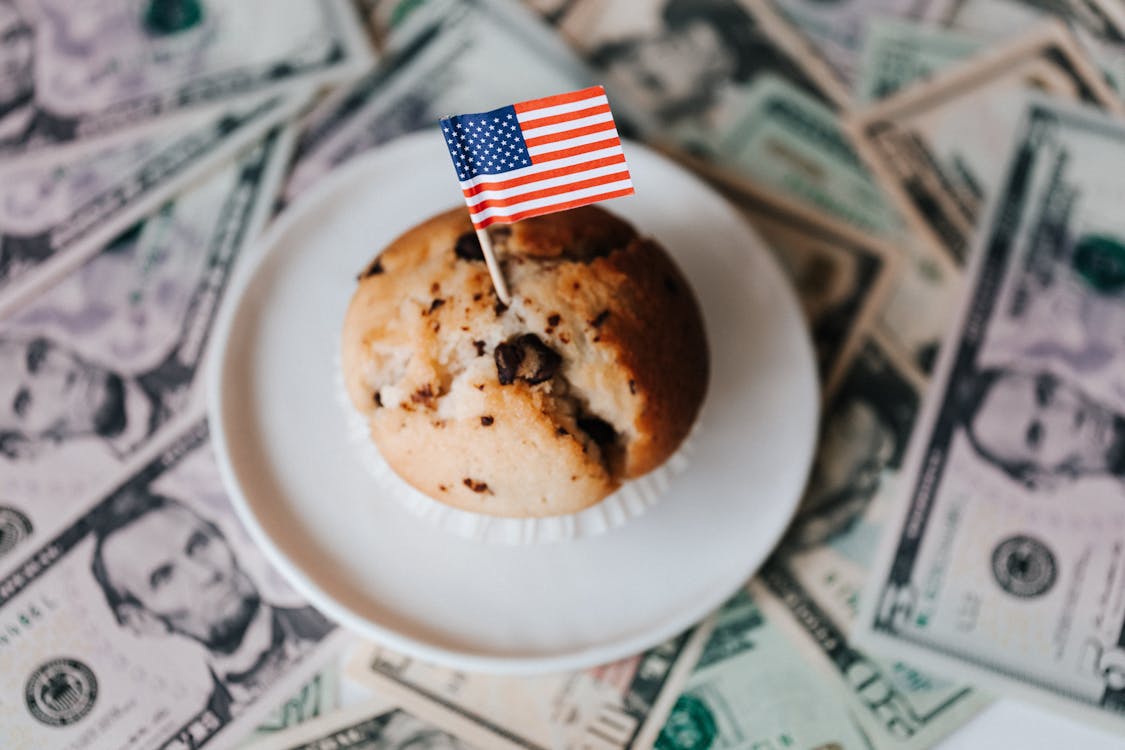The Year Of Living Dangerously

I don’t know what will happen in 2023, but I do know that the outcome will be interesting.
Here’s the FT:
Economists tend to think in small incremental steps, missing big turns in the story, which helps explain why their consensus view had not forecast a single US recession since records began in 1970 — until now.
For the first time, economists as a group not only expect a recession in America in the next year, but give it a very high probability, more than 60 per cent. Given their record, it’s worth asking whether the consensus is, in fact, unlikely.
Bloomberg says the actual probability is 100%:
Bloomberg economists forecast 100% chance of US recession in the next year
Hmmm . . . That’s a pretty high level of confidence, given that the consensus view of economists has always been wrong since records began. Are we talking metaphysical certitude? Objective reality? A God-like view?
In 2023, we will either have a recession (which is interesting because economists will be correct for the first time ever), or we will not have a recession, despite a “zero probability” of not having a recession. That would also be interesting.
The FT also has a paragraph that left me scratching my head:
This is hardly the most likely scenario and compared with economists, who typically call recessions months after they have begun, markets have a good forecasting record. Though markets can send false signals, showing jitters before downturns that never arrive, they also anticipate real recessions consistently. Going back to the second world war, the US stock market has typically fallen at least 20 per cent and bond traders have always pushed short-term yields above long-term yields in the months before a recession. Both of those market signals are warning of a recession now, so to picture alternate outcomes may be magical thinking.
Doesn’t the 2nd sentence in that paragraph sort of contradict the 4th sentence?
I don’t have strong views on the question. I recognize that recession risks are elevated during periods where the Fed is trying to reduce inflation. (High interest rates mean nothing.) But I don’t have strong views on whether a recession will occur in 2023. A mini-recession might be a nice change of pace, given that the US has never had one. Say no more than 5% unemployment at the peak?
In the past, I argued that recessions should normally be unforecastable, because if they were expected then they would be prevented by the Fed. The one exception was when a recession was optimal policy, the only way to control inflation. Today, I don’t believe we need a full blown recession, but I suspect we need a mini-recession to control inflation. In other words, if we reduce NGDP growth to 5% for one year, and 3.5% thereafter, we’d probably get a mini-recession, and that NGDP path would also bring inflation under control. If we miss that target path by being too dovish, we won’t control inflation. If we miss in the hawkish direction, we’ll have a full blown recession.
BTW, many commenters told me that a recession began last winter. If you are in that group, don’t bother giving me your forecast. I don’t care. And if you are in the group of us that understood that two negative quarters don’t mean recession, I’m still not interested in your forecast. Sorry.
More By This Author:
A Note On Levels And Growth Rates
Hope In US China Policy
Wake Me Up When The Tight Money Starts



